The secret life of a 1980s house music manager
- Text by Miss Rosen
- Photography by Michele Saunders

House music manager Michele Saunders often talks about her childhood in France, where she remembers listening to her father play jazz records. The experience instilled in her a love of music that would become her guiding star.
In 1979, Saunders found her new home when she stepped inside Paradise Garage, downtown New York’s most illustrious nightclub. Heralded by legendary DJ Larry Levan (1954-1992), the Garage became the Mecca of New York’s house music scene, with Levan’s signature style transforming the nightlife experience forever.
Saunders became a regular on the dance floor, growing close to Levan and the dancers, artists, and celebrities who haunted the venue’s hallowed walls. One night in 1985, Keith Haring called Saunders into the DJ booth and introduced her to a young singer named Anthony Malloy, who had just performed live with the group Serious Intention.
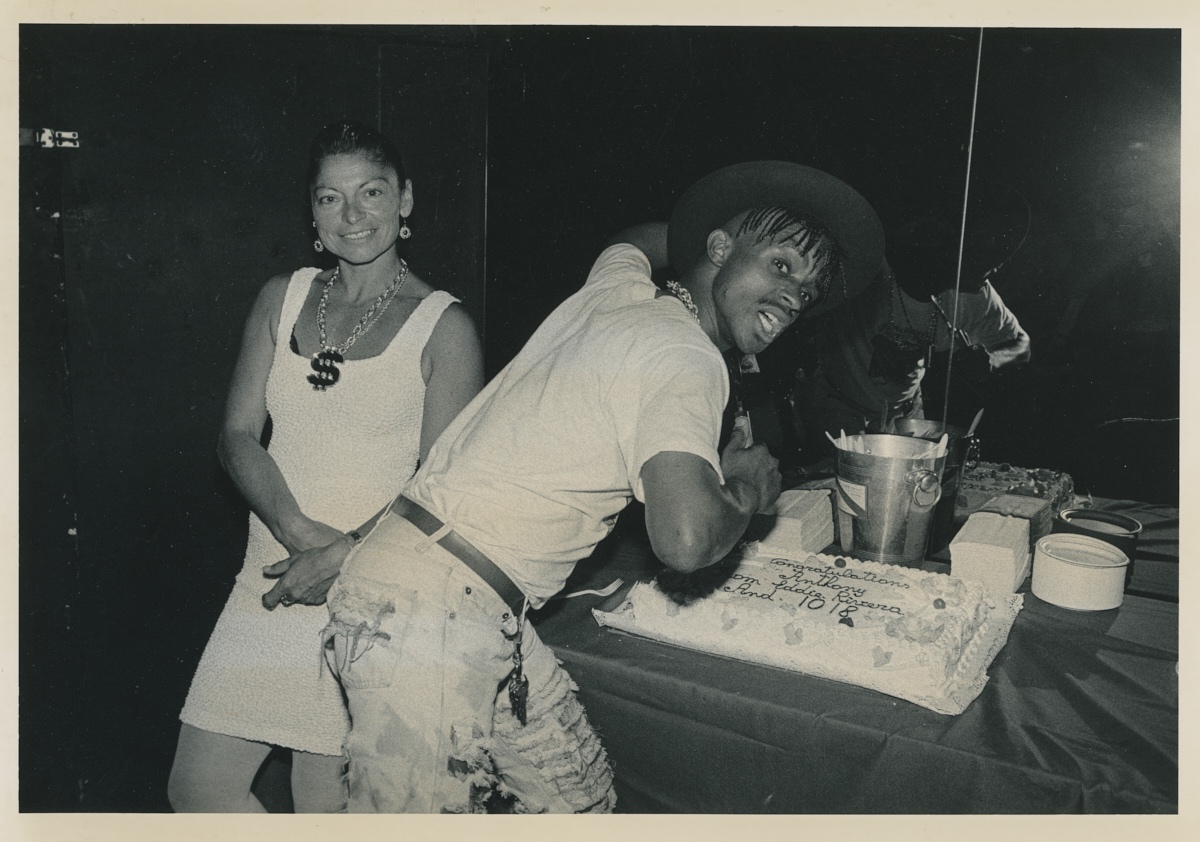
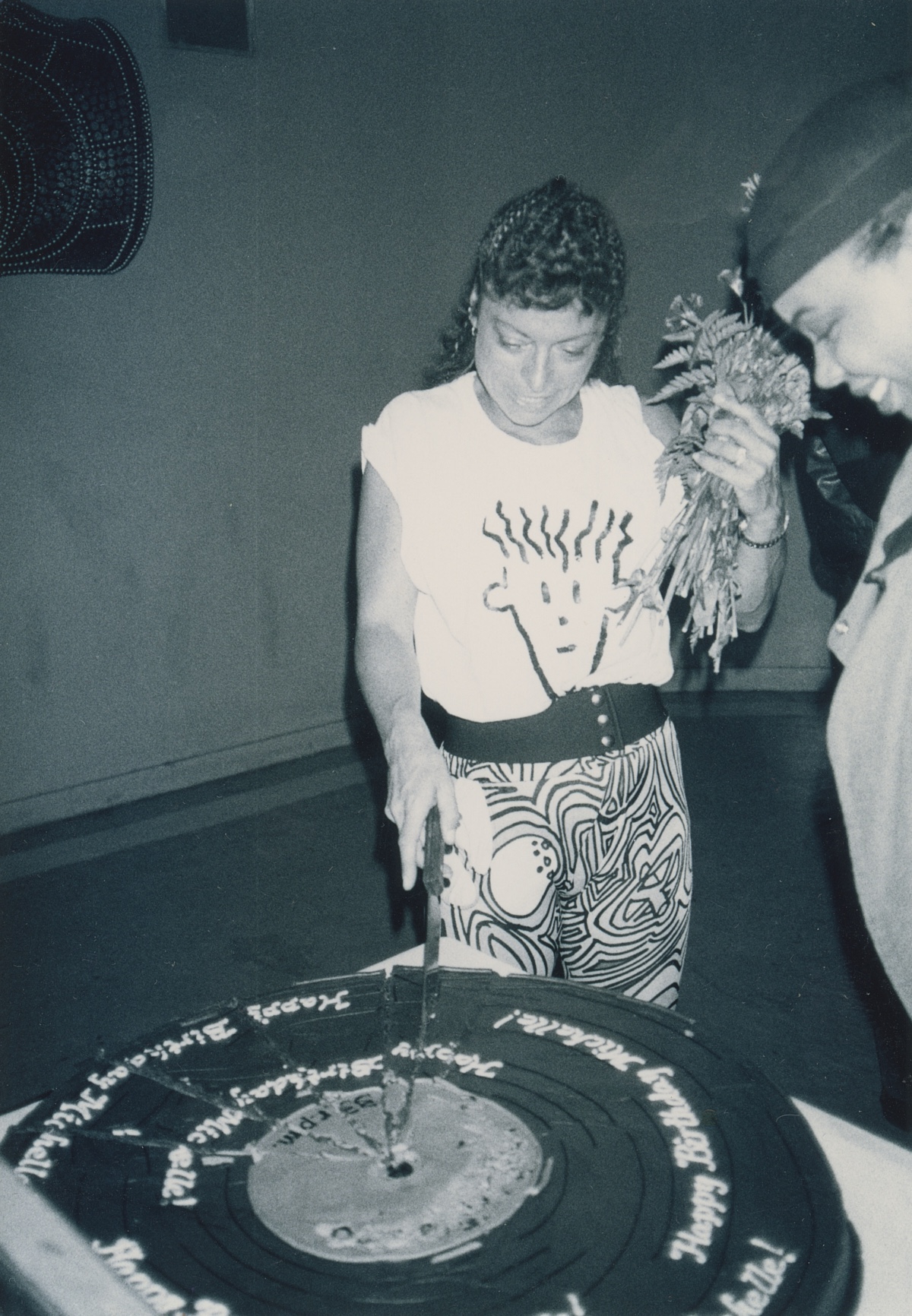
“They had a major song called ‘You Don’t Know,’ which was one of the hymns of the Garage. Larry used to play it all the time at a peak of the night,” Saunders recalls. “Keith said, ‘I think you would be a great manager for him’ because he knew I wasn’t just somebody running around in a little tutu at the club.”
By day, Saunders worked as a photographer’s agent, representing Steve Hiett, John Launois, Art Kane, and Francis Giacobetti, as well as illustrators, stylists, and make up artists for icons like Diana Ross, Luther Vandross, Chaka Khan, and Elton John. Having produced and styled album covers and music videos herself, Saunders knew her way around the music industry.
“I met Anthony and it was love at first sight,” she says. “He was brilliant and sophisticated. We connected immediately. Even though I had never managed an act before, I felt like it was something I could do.”
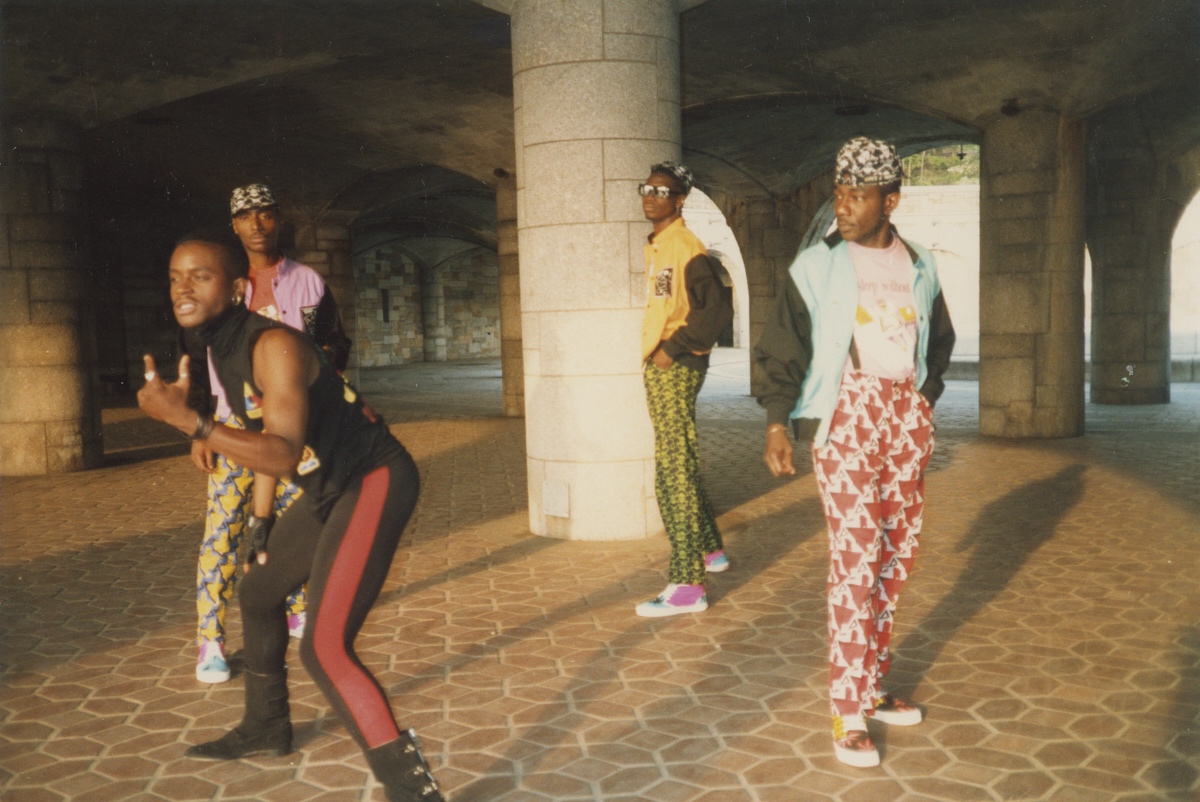
Malloy, also a member of Temper and Anthony and the Camp, was on the verge of a major record deal. “Jellybean Benitez struck a deal with Warner Brothers for his own label and wanted to sign Anthony because he felt Anthony, Jocelyn Brown, and Man Friday, Larry Levan’s group, would represent the heart and soul of the dancefloor,” Saunders says.
With Saunders on board, everything took off. Saunders accompanied Malloy to all the clubs, doing everything from collaborating with Pat Field on his costumes to running sound check. Together, they hit up the city’s hottest clubs including Latin Quarter, Tunnel, 1018, Area, Palladium, and Zanzibar in New Jersey.
“Madonna opened for us at the Roxy,” Saunders says with awe more than 30 years later. “Everything fell into place and I was loving it. I wasn’t a manager just to make money as a manager. I was there because I loved what they did. House music was my life.”
After Malloy was signed, everything took off. “We started travelling. There was a lot of money, limos, alcohol, and drugs.” But Saunders was not so easily impressed. “It became maybe a little less enjoyable than when it was really raw, when I would collect $2,000 in one-dollar bills from the bar at four in the morning.”
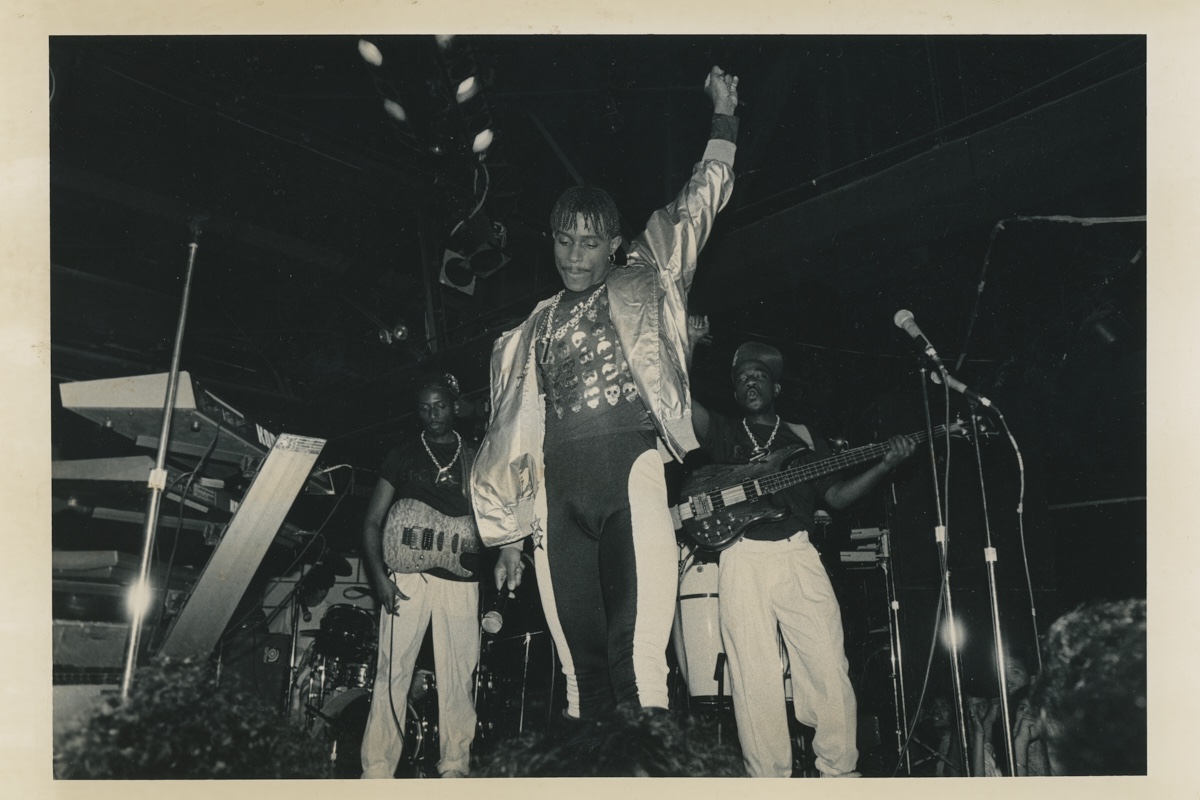
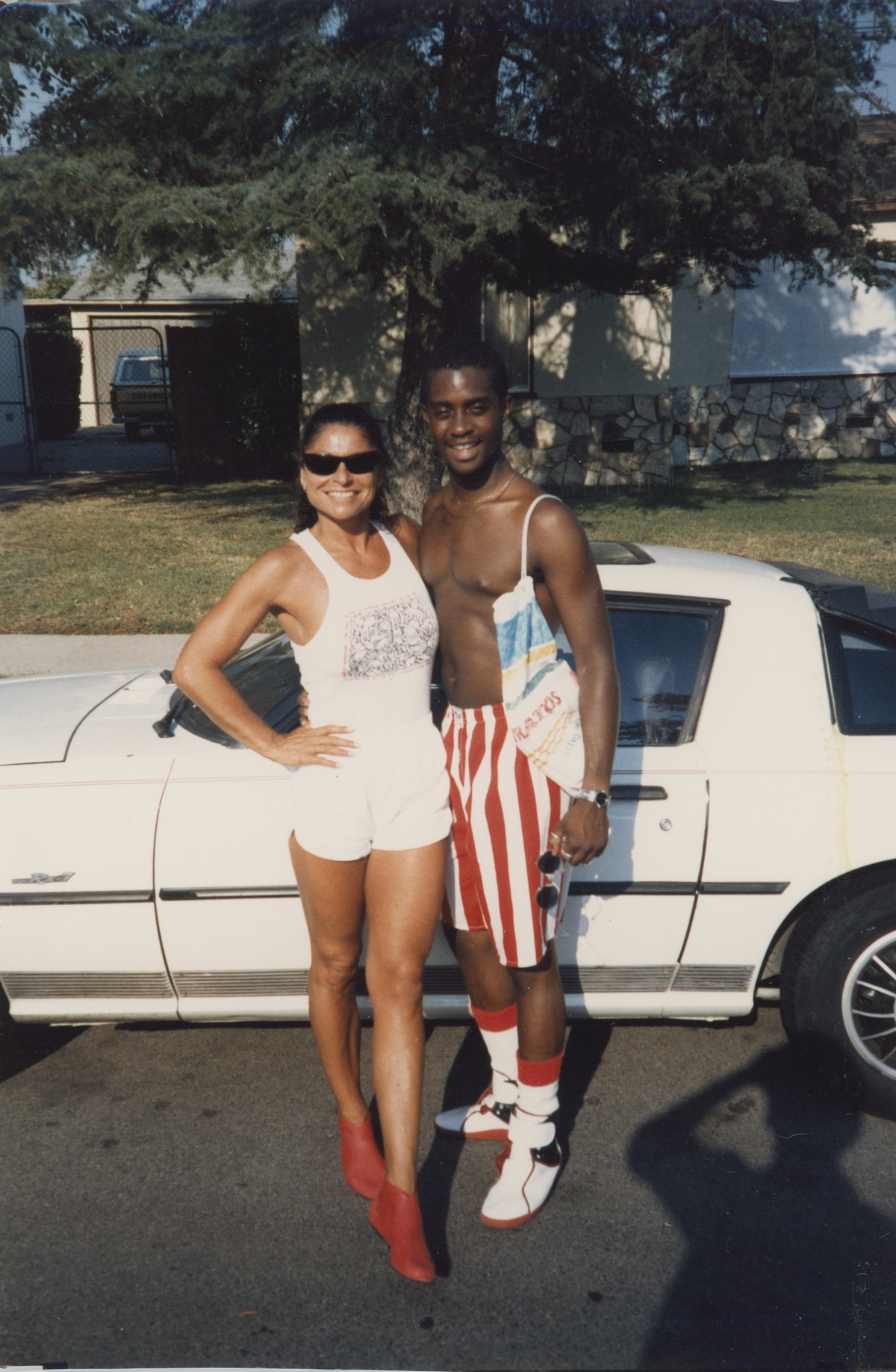
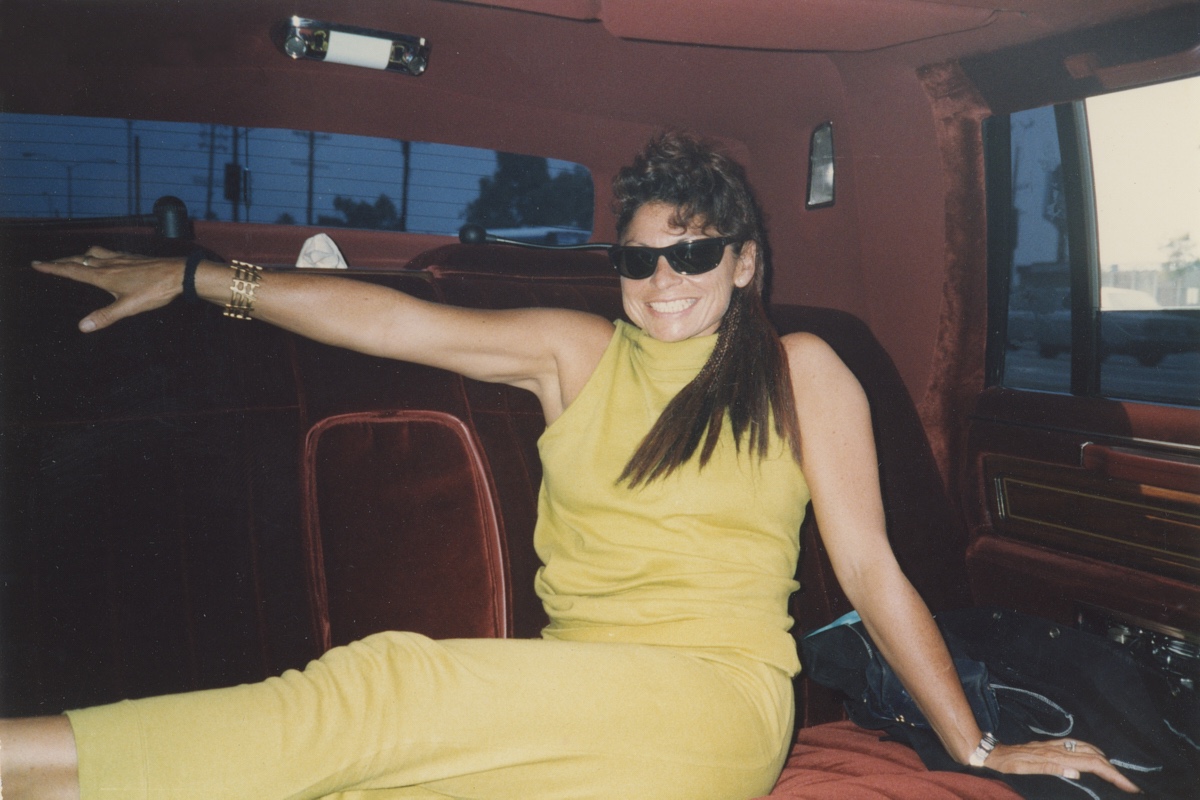
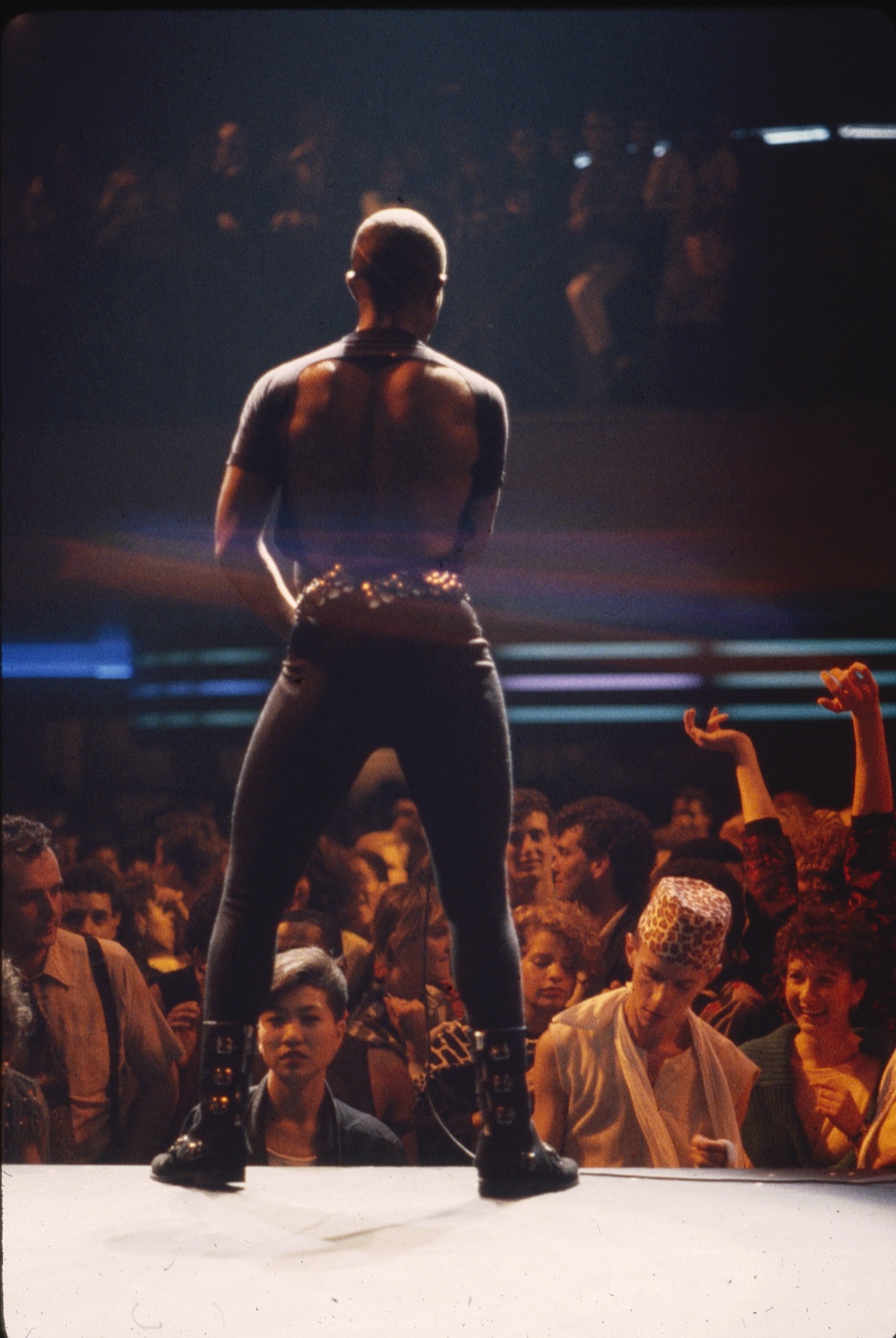
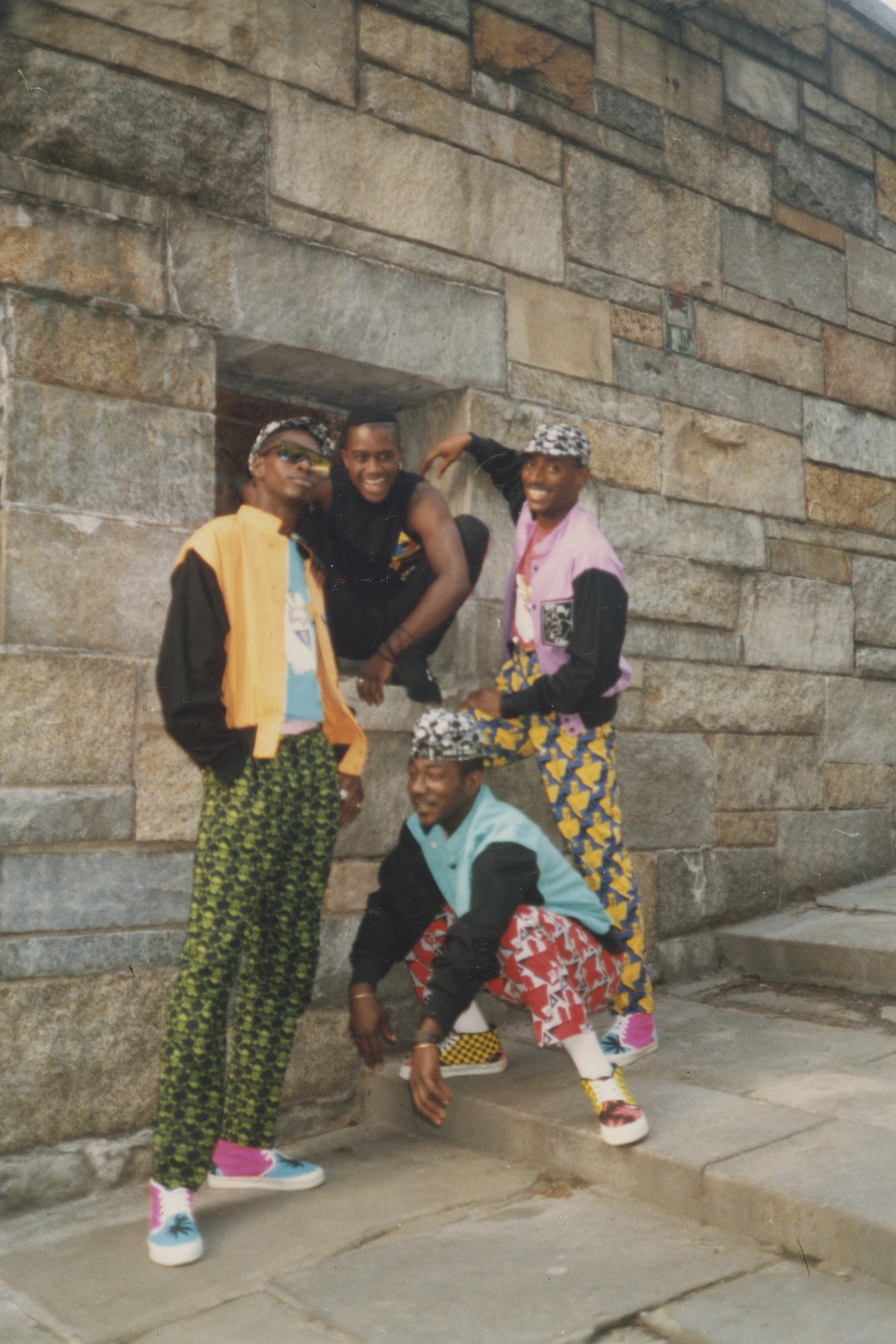
Follow Miss Rosen on Twitter.
Enjoyed this article? Like Huck on Facebook or follow us on Twitter.
You might like

Warm, tender photos of London’s amateur boxing scene
Where The Fire Went — Sana Badri’s new photobook captures the wider support networks and community spirit around the grassroots sport, as well as the significance of its competitions to the athletes who take part.
Written by: Isaac Muk

In Birmingham’s punk underground, hardcore is queer
Punk Pride — In recent years, a defiantly political queercore scene has begun to emerge in the West Midlands, providing alternative spaces for the area’s LGBTQ+ youth. Stephanie Phillips speaks to those leading the charge.
Written by: Stephanie Phillips

We took techno legend Chris Liberator to a virtual rave, here’s what went down
Stay acid forever — With VR experience In Pursuit of Repetitive Beats currently running at London's Barbican Centre, Simon Doherty brought the acid punk figurehead along to see what he thought, and reflect on the health of the rave scene today.
Written by: Simon Doherty

As Kneecap and Bob Vylan face outcry, who really deserves to see justice?
Street Justice — Standing in for regular newsletter columnist Emma Garland, Huck’s Hard Feelings host Rob Kazandjian reflects on splatters of strange catharsis in sport and culture, while urging that the bigger picture remains at the forefront of people’s minds.
Written by: Robert Kazandjian

Alex Kazemi’s Y2K period novel reminds us that the manosphere is nothing new
New Millennium Boyz — Replete with MTV and endless band t-shirt references, the book follows three teenage boys living in 1999 USA as they descend into a pit of darkness. We spoke to its author about masculinity, the accelerated aging of teenagers, and the rebirth of subcultures in the algorithm age.
Written by: Isaac Muk

We are all Mia Khalifa
How humour, therapy and community help Huck's latest cover star control her narrative.
Written by: Alya Mooro

